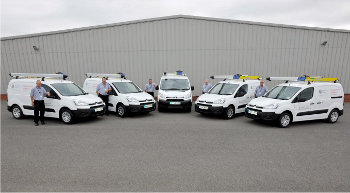 Real estate management company Jones Lang Lasalle (JLL) has just taken delivery of 77 Citroën Berlingo HDi 75 standard wheelbase vans and 21 Dispatch HDi 90 manual long wheelbase models.
Real estate management company Jones Lang Lasalle (JLL) has just taken delivery of 77 Citroën Berlingo HDi 75 standard wheelbase vans and 21 Dispatch HDi 90 manual long wheelbase models.
The vehicles will be used by JLL’s specialist service engineers who look after the building maintenance for the HSBC UK banking network, whose remit includes working on air conditioning, lifts, electrics, and plumbing, along with day to day repairs.
After an extensive purchase review that considered capital and whole life costs, Citroën was placed ahead of the competition by JLL. JLL in particular were very keen on the Berlingo’s standard Citroën Trafficmaster telematics system, which includes Smartnav intelligent satellite navigation and Trackstar stolen vehicle tracking. This system includes the option to upgrade, at low cost, to include Fleet Director real-time fleet management, which enables JLL to supply their engineers with a fully integrated PDA communication system.
JLL spokesperson, Karen Ainge said:
“It is very important to us that our engineers’ vehicles help them deliver their required tasks, the Citroën team understood our requirements and went the extra mile to secure the deal. In particular, the Fleet Director real-time communication system has helped us move our engineers away from form filling to using time efficient and fully connected PDA systems. Fleet Director made this an easy move for JLL, as it meant we did not have to fit additional hardware into the vehicles. What’s more, the engineers are very happy with this move.”
JLL’s Berlingo vans are fitted with rear parking sensors and half height bulkheads with upper mesh grilles. The Dispatch vans have rear parking sensors and full steel bulkheads. All the vehicles have bespoke Bott racking and tooling, including fold-out vice platforms and general accessories such as skin care systems, first aid kits and fire extinguishers.

 It’s no secret that one of the main causes of poor fuel consumption is the person operating the pedals, and fleet drivers with no accountability for fuel or maintenance costs can sometimes be costing their companies a significant amount of money — often without even realising it.
It’s no secret that one of the main causes of poor fuel consumption is the person operating the pedals, and fleet drivers with no accountability for fuel or maintenance costs can sometimes be costing their companies a significant amount of money — often without even realising it.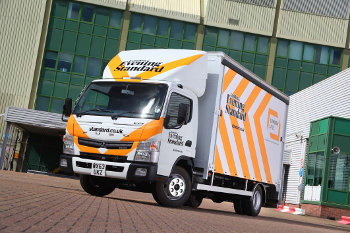 London’s Evening Standard newspaper has moved its transport operations back in house with the help of a 33-strong fleet of Fuso Canter
London’s Evening Standard newspaper has moved its transport operations back in house with the help of a 33-strong fleet of Fuso Canter 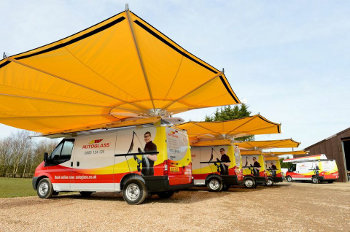
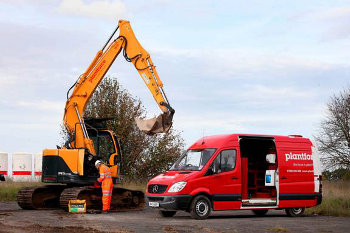

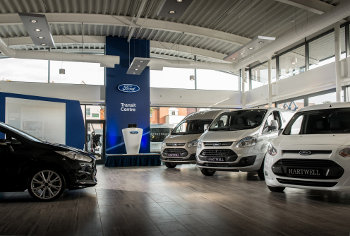
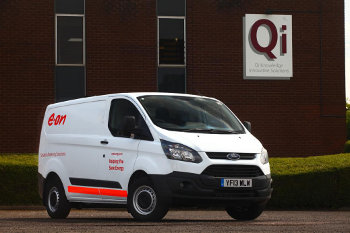 Energy company E.ON has taken delivery of nearly 120 new Ford Transit Custom vans for use by its meter fitters nationwide. The E.ON fleet currently comprises around 2,000 vehicles, the majority of which are Ford-badged.
Energy company E.ON has taken delivery of nearly 120 new Ford Transit Custom vans for use by its meter fitters nationwide. The E.ON fleet currently comprises around 2,000 vehicles, the majority of which are Ford-badged.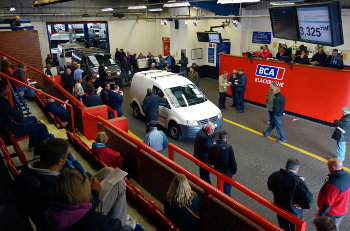 Used van values
Used van values 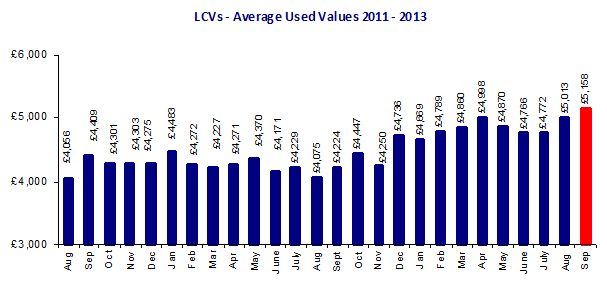
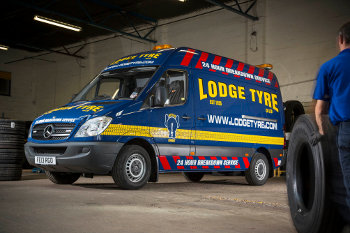 Despite this best efforts of Mercedes-Benz competitors, the Sprinter remains the most popular
Despite this best efforts of Mercedes-Benz competitors, the Sprinter remains the most popular